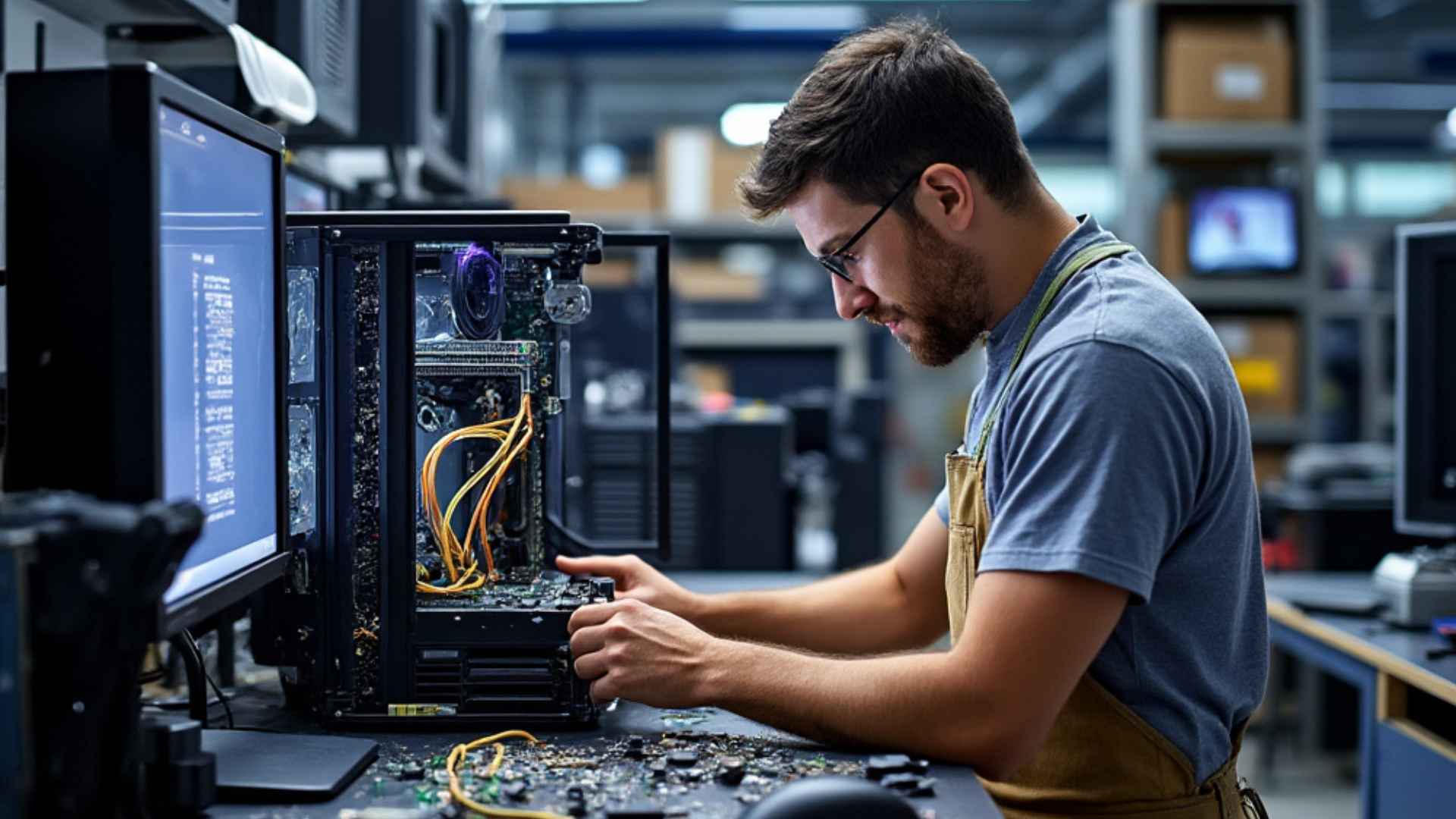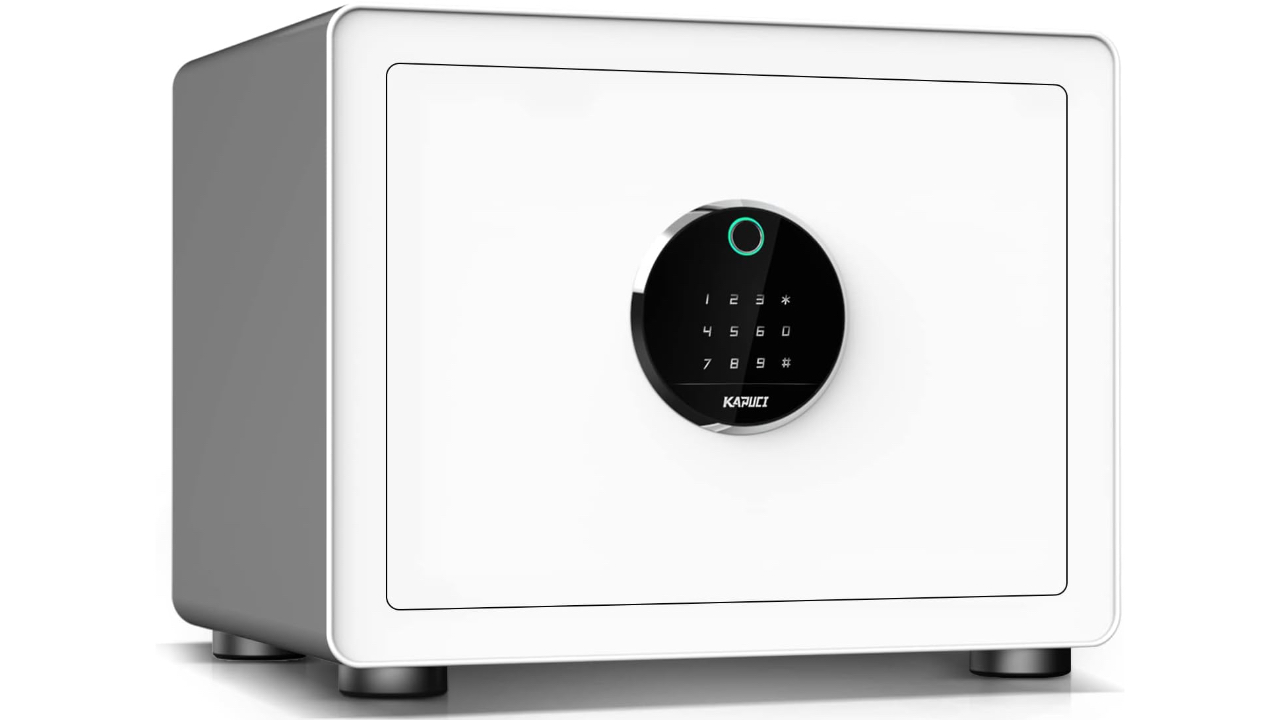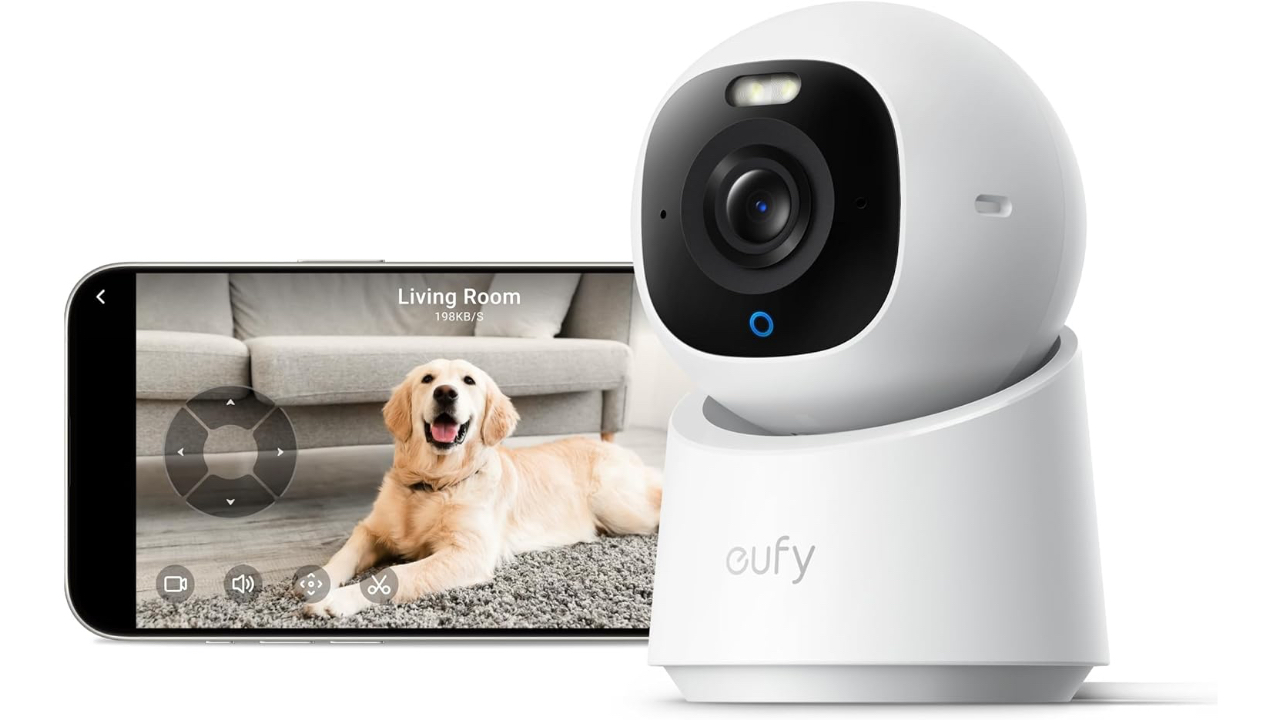Deciding if you should build your own desktop computer has long been a rite of passage for tech enthusiasts, offering unparalleled control over component selection, a sense of accomplishment, and, historically, cost savings. However, the landscape has changed. With prebuilt PCs becoming more affordable and high-performing, and laptops taking center stage, the once-clear advantages of building your own desktop have become less obvious.
The Benefits of Building Your Own PC

Component Flexibility
The most compelling reason to build your own desktop computer is the complete control it gives you over each component. You can choose exactly the CPU, GPU, motherboard, RAM, and storage configuration you want, ensuring your build perfectly meets your needs.
This flexibility extends to aesthetics and cooling as well. Whether you prefer a sleek, minimalist case or a massive chassis with liquid cooling and RGB lighting, the choice is entirely yours. If you’re into overclocking, you can also hand-pick higher-quality components like RAM and power supplies that handle extra power demands more reliably.
Upgradability
Custom-built PCs tend to be more modular and easier to upgrade over time. Manufacturers of prebuilt systems often design their cases and components to discourage users from tampering with the internals, sealing parts, or using proprietary components that limit upgrade options. With a custom PC, you can easily replace or upgrade the CPU, GPU, or storage as newer technologies become available.
Learning Experience
For many, building a PC is an invaluable learning experience. Assembling your own computer teaches you about the intricate workings of modern hardware, from how to install a CPU or GPU to cable management and power distribution. It’s also a practical way to develop troubleshooting skills, which can be helpful if you encounter issues later.
Reusing Old Components
If you’re upgrading an existing desktop, building your own PC allows you to reuse components from your old system, like the case, power supply, or even storage drives. This can significantly reduce the cost of your new build.
Downsides of Building Your Own PC

It’s Time-Consuming
Building a PC is not just about assembling the parts—there’s research involved in choosing compatible components, finding the best prices, and waiting for everything to arrive. Even if you’re experienced, it can take several hours to piece together the machine, install the operating system, and troubleshoot any issues.
Prebuilt PCs, on the other hand, are ready to go straight out of the box. For someone who values time or simply wants a functional system as quickly as possible, this convenience can be a huge factor.
Potential for Technical Issues
When you build your own desktop computer, you’re responsible for diagnosing and solving any issues that arise. If your computer doesn’t boot, is it the power supply, motherboard, or RAM? While component-specific warranties exist, you’ll need to figure out which part is malfunctioning before you can send it off for a replacement. Prebuilt PCs come with a single warranty, so if something goes wrong, the manufacturer handles the diagnostics and repairs.
No Significant Cost Savings
While DIY builds once offered cost savings, this is rarely the case today. Manufacturers get bulk discounts on parts and pay far less for Windows licenses. Even high-end gaming systems may not be cheaper to build yourself. For example, a Dell Alienware Aurora with a high-end GPU and CPU might be cheaper than building a similar machine from scratch because of these bulk discounts.
Additionally, prebuilt systems often come with perks like pre-installed software, warranties, and customer support that may justify their slightly higher cost.
More Expensive for Average Users
For most people, who use their computers for everyday tasks like browsing the web or working with documents, the benefits of building a custom PC aren’t worth the added effort and cost. Prebuilt systems in the mid-range segment are often just as capable as custom builds for tasks like web browsing, streaming, and light gaming, and they come at a competitive price.
Who Should Consider Building Their Own PC?

Enthusiasts and Gamers
If you’re an enthusiast or a gamer who wants maximum control over every aspect of your system, building your own PC is still a great option. It’s especially appealing for those seeking high-end or specialized builds. Whether you’re chasing ultra-high frame rates in the latest games or need to overclock your CPU for heavy workloads, building your own rig can give you the exact performance you desire.
Professionals with Specific Needs
Content creators, 3D modelers, and other professionals who require specific configurations or niche components for tasks like video rendering or AI model training might find building a custom PC worthwhile. This group benefits from the ability to hand-pick components for performance optimization, potentially resulting in a machine that outperforms similarly priced prebuilt systems.
Hobbyists and Learners
For those who enjoy the process of building and tinkering with computers, the experience of assembling a custom PC is rewarding in and of itself. It’s a way to gain deeper technical knowledge and engage in a fun, hands-on project.
Who Should Buy a Prebuilt PC?

Casual Users
If your computing needs are basic—like browsing the web, handling email, streaming content, and using office productivity software—buying a prebuilt system is generally more cost-effective and convenient. You can find affordable machines that handle all these tasks effortlessly, without the hassle of building or maintaining a custom system.
Busy Professionals
For those with limited time or interest in assembling a PC, prebuilt desktops offer a hassle-free solution. Manufacturers often provide robust warranties and customer support, taking care of potential hardware issues, which is appealing for anyone who doesn’t want to spend time troubleshooting.
Laptop Users
If you need portability, building your own desktop doesn’t make sense at all. Laptops dominate the market for a reason— they’re portable, powerful, and can handle a wide range of tasks. For anyone who prioritizes mobility over customization, a prebuilt laptop is the clear choice.
Conclusion: Build or Buy?
Deciding whether to build or buy your next desktop computer depends on your specific needs, interests, and budget. Building your own PC is ideal for enthusiasts, gamers, and professionals with specific requirements or those who simply enjoy the process. It offers more control over component choices and the ability to upgrade easily over time.
However, for most people, the cost savings and convenience of prebuilt systems make them the better option. If you value time, prefer a warranty that covers the entire system, or simply need a machine that works right out of the box, buying a prebuilt PC is a smarter choice.







